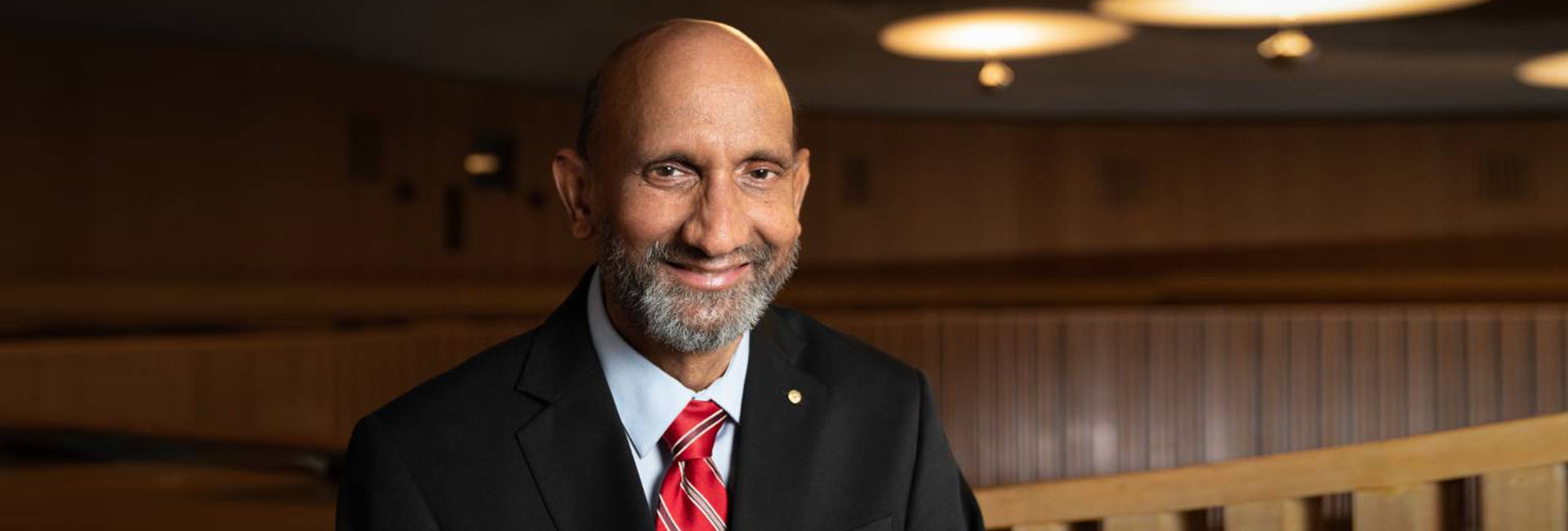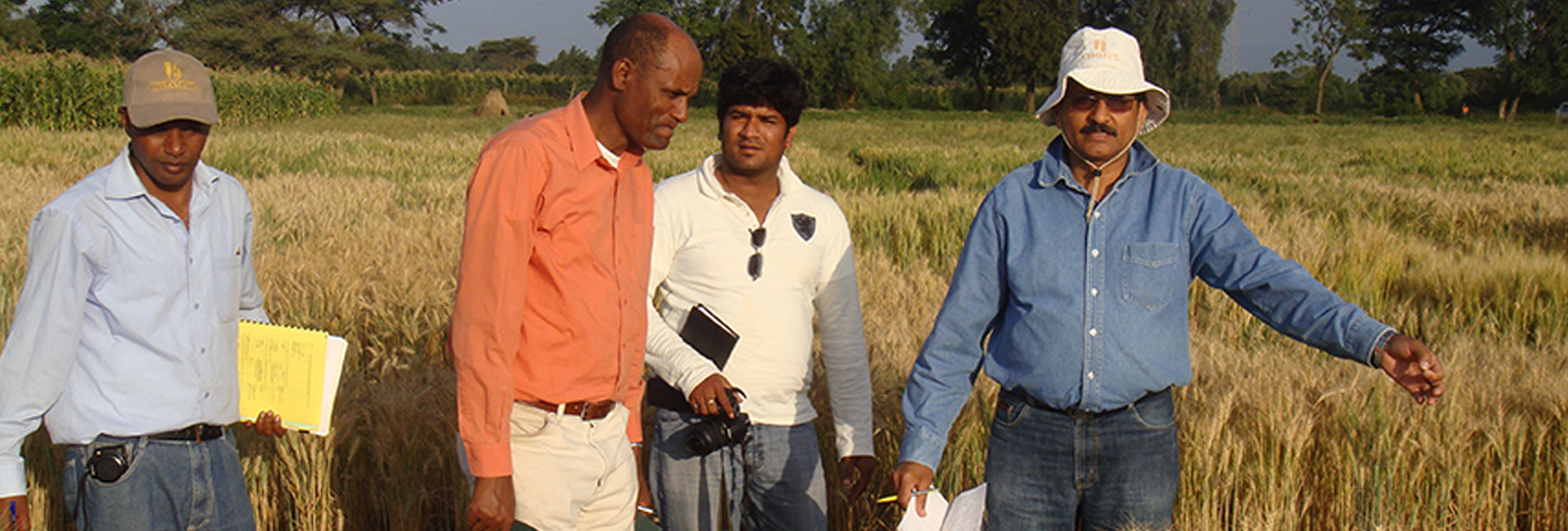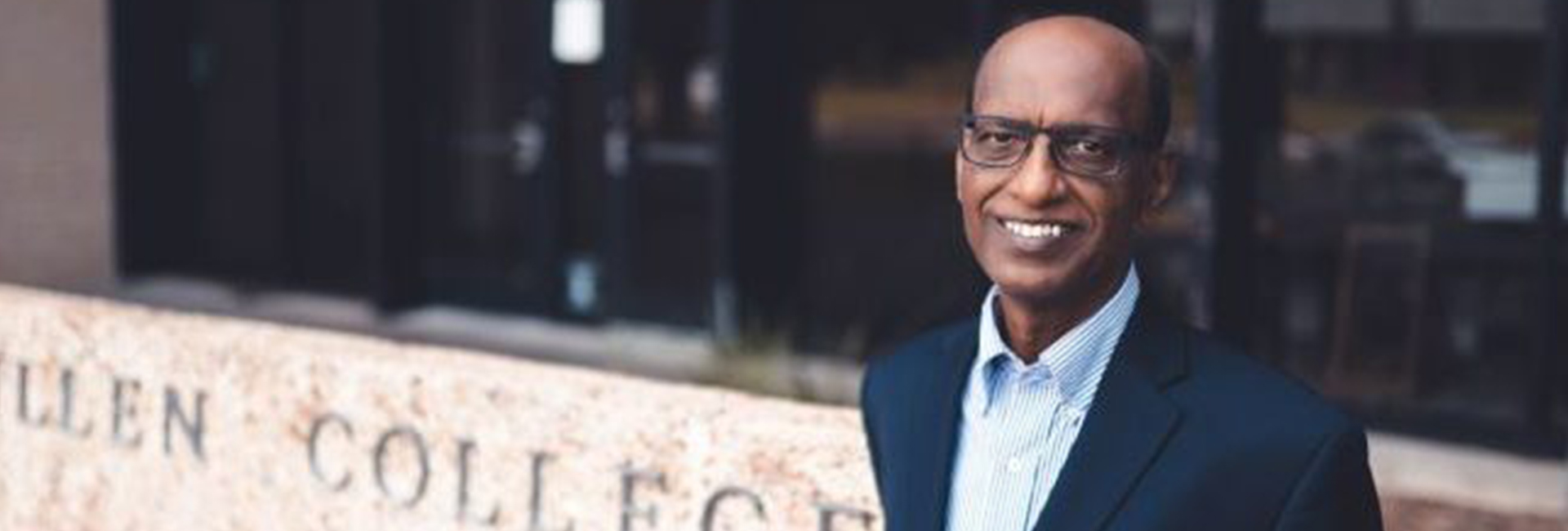(March 20, 2023) His village had no electricity till Prof Chennupati Jagadish was around seven years old. From studying by the light of a kerosene lamp as a young child and having lived with his high school maths teacher to be able to finish high school, the scientist is now recognised as a world leader in the field of semiconductor optoelectronics—with his work widely utilised in optical communication systems and infrared detectors in defence, biomedical and manufacturing. His research in nanotechnology is in one of the fields that are on the verge of ubiquity. Developing a new class of lasers with applications in telecommunications and new lightweight solar cells, Prof Chennupati Jagadish is creating waves in the scientific world.

Recognising his contributions to the scientific world, the Government of India recently conferred the scientist with the prestigious Pravasi Bharatiya Samman Award in 2023. “The fact that the Government of India recognised me, a village guy from Andhra Pradesh, makes me grateful,”the scientist told Global Indian, “I am grateful to both India and Australia. One nurtured me from childhood to adulthood and provided me with education, whereas the other provided me the opportunity to prove myself as a scientist.”
The Global Indian who is currently working as the Distinguished Professor of Physics at the Australian National University Research School of Physics and is also the President of the Australian Academy of Science, also supports students and researchers from developing countries to visit Australia and pursue collaborative research. “I am passionate about doing science and making a difference in other people’s lives; any recognitions are a bonus. I’m grateful to both the Australian and Indian Governments for honouring me and recognising my efforts during the past 35-plus years,” the scientist said.
A village lad
Hailing from a small village in Vallurupalem, Andhra Pradesh, Prof Jagadish’s father was a school teacher, and his mother a housemaker. An intelligent child, Prof Jagadish would often choose to study over play with his friends. While his father always motivated and supported him, he didn’t have the means to finance his education. “My father was a school teacher and he wanted me to be a scientist or engineer. My two high school teachers made a huge difference in my life,” the scientist recalled adding that it was his maths teacher who helped him attend classes during his high school days.
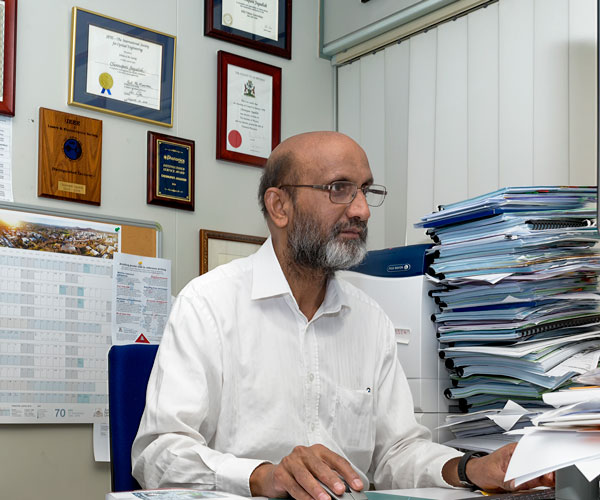
“I wanted to study but didn’t have the means. My village had no high school, and I had to travel about three-and-a-half kilometres to attend the school in the neighbouring village. My maths teacher supported me for about three years during that time. I lived with him and my science teacher, and they offered me boarding and lodging, till I finished school, he said, adding, “One teacher taught me the importance of hard work, perseverance, and persistence whereas another taught me to be humble, simple, kind and generous to others. The influence of both of these on me was significant and without their help, I would be tilling the land in India.”
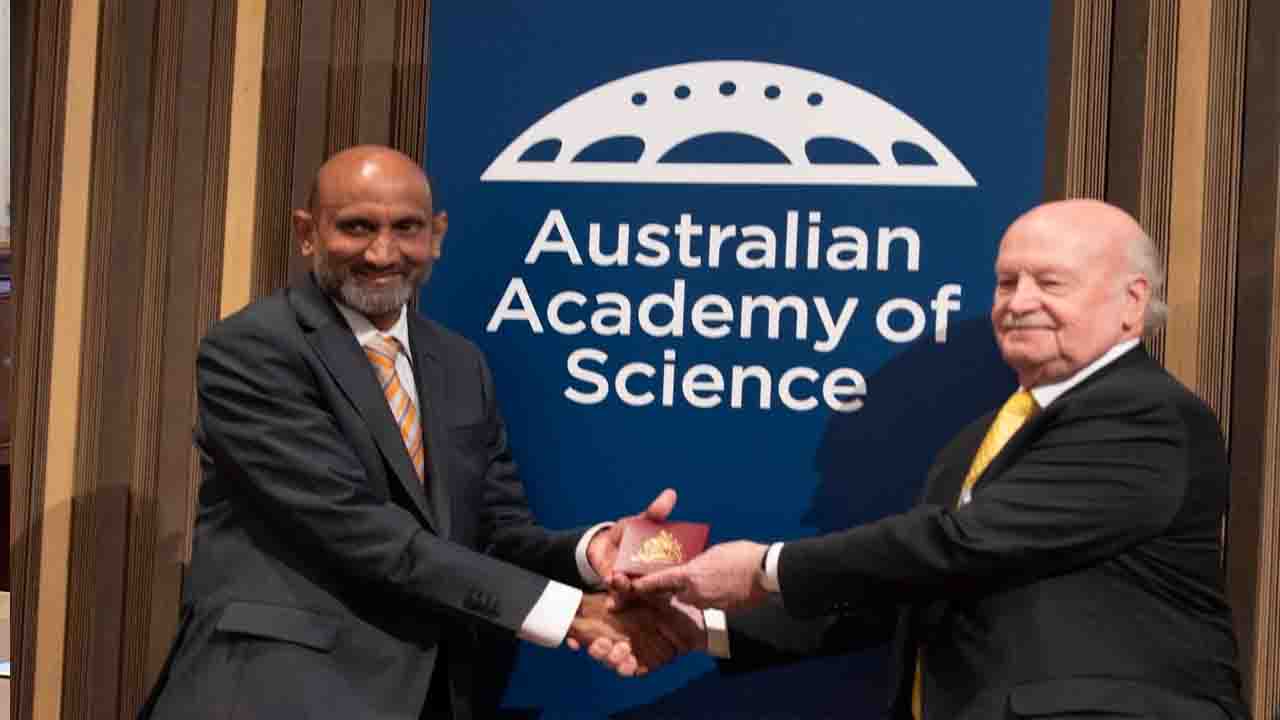
Soon after finishing his schooling, the scientist obtained his B.Sc. degree in physics from Acharya Nagarjuna University in 1977, and proceeded to earn an M.Sc in applied physics with a specialisation in electronics from Andhra University in 1980 and M.Phil. and Ph.D. degrees in physics from the University of Delhi in 1982 and 1986, respectively. During the same time, the scientist started working as a lecturer in physics and electronics at Sri Venkateswara College in New Delhi.
The world of science
Having finished his doctorate, the scientist was looking to start his post-doctoral work at a renowned Indian university. But fate had its own plans. In 1988, the scientist received a mail from Queen’s University in Canada, confirming his post-doctoral in the physics department – something he had never expected to happen. The two years he spent in Ontario opened several doors for this genius. Not only did he get a chance to work with several prominent scientists at the time, but soon got selected to join the newly established Department of Electronic Materials Engineering in the Research School of Physics, at the Australian National University.
During his long tenure, the scientist has received several prestigious awards, including the 2013 Walter Boas Medal, and the 2015 IEEE Pioneer Award in Nanotechnology. In 2016, the scientist was named a Companion of the Order of Australia for eminent services to physics and engineering on the Australia Day Honours. “When I received the letter I felt very humbled, grateful, and honoured,” he said, adding, “It was quite a surprise for me.”
While his current focus is on developing the use of nanotechnology for applications in optoelectronics like lasers, photodetectors, energy (solar cells and photocatalysis), and neuroscience (growth of neuronal networks to understand brain functions), there is one other cause that is quite close to the scientist’s heart – supporting and encouraging his students. “I am here because so many people especially opened various windows to the world for me. Today when I am in that position, I too want to do the same for as many students as I can,” he said. To achieve the cause, his wife Vidya and he have initiated the Chennupati and Vidya Jagadish Visiting Scholarship and Fellowship Awards, through which they give students and researchers from developing countries the chance to travel to the Research School of Physics at ANU to pursue collaborative research for up to 12 weeks.
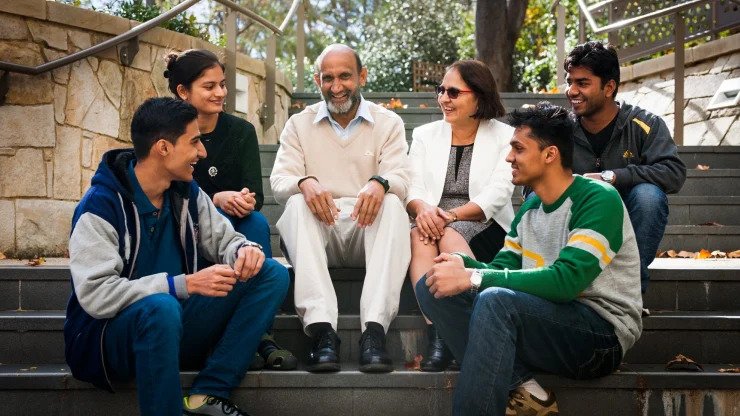
Professor Jagadish with wife Vidya and students
Leading the university’s Semiconductor Optoelectronics and Nanotechnology Group, the scientist has supervised 65 Ph.D. students, is currently supervising a further 12 and has mentored 50 post-doctoral and other fellows in his three-decade-long career in Canberra. Elected as the President of the Australian Academy of Science in 2022, to serve a term of four years until May 2026, the scientist will champion the cause of scientific excellence while leading the organisation in providing advice to the Australian Parliament.
- Follow Prof Chennupati Jagadish on LinkedIn

